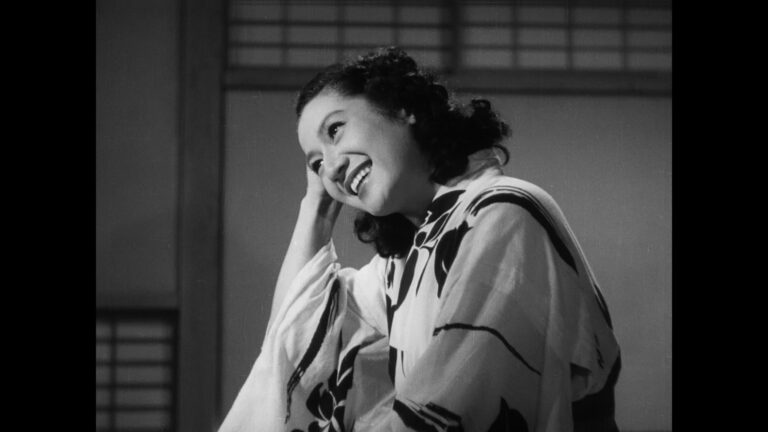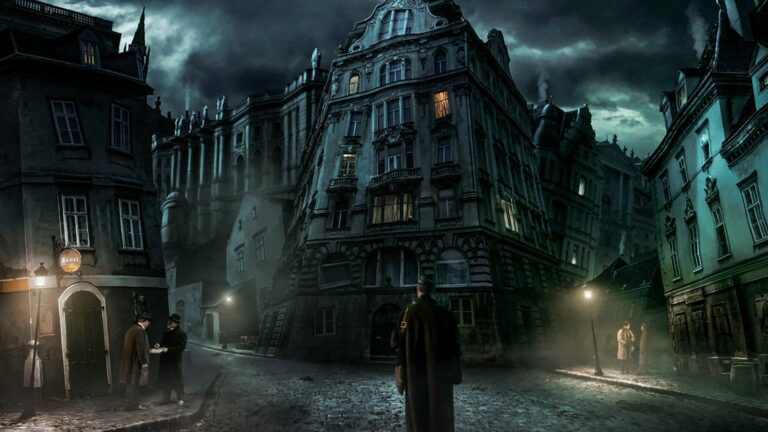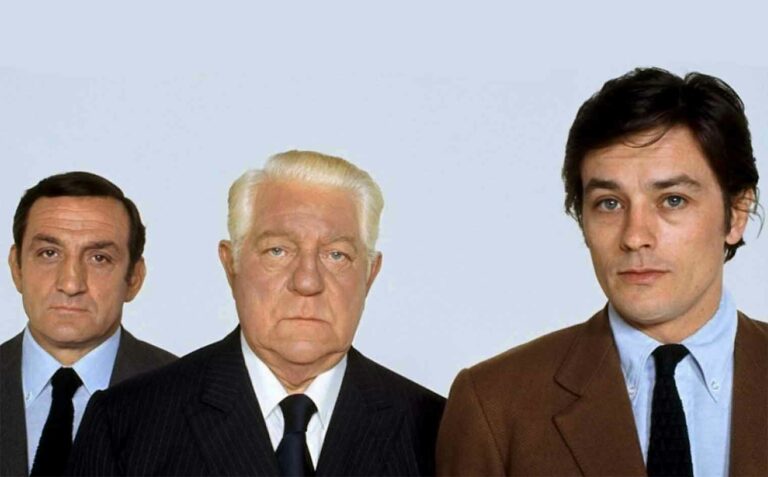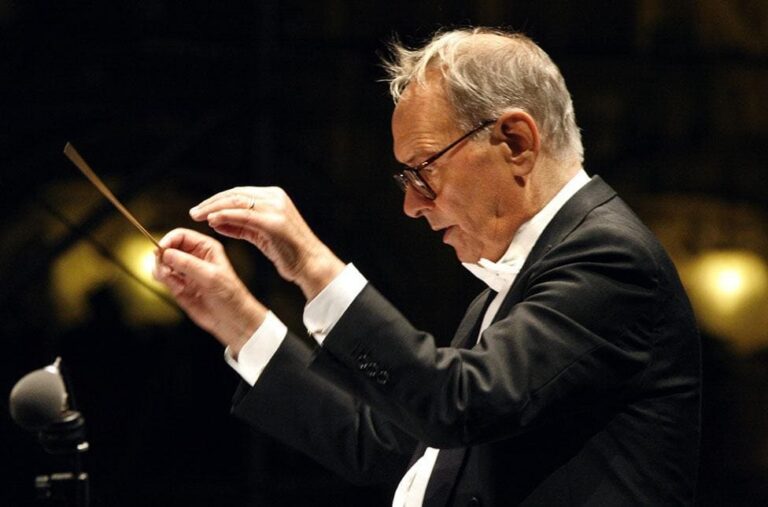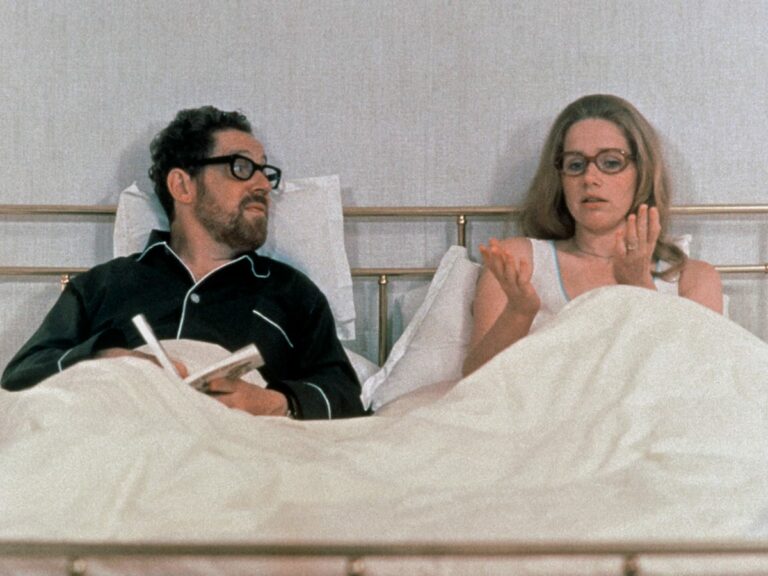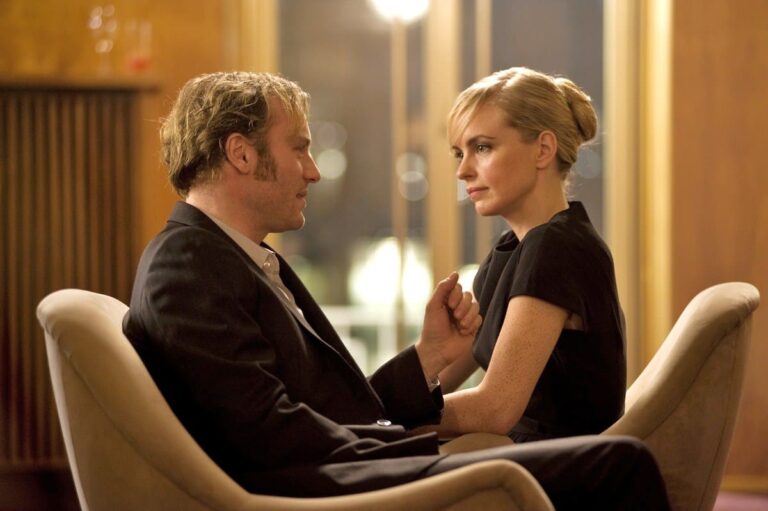Late Spring
Late Spring is the title and late spring is the condition of its central character, a woman who, at the advanced age of 27, is almost too old for marriage – she’s in the late spring of her adult life. It’s 1949 and in Japan the American occupiers are running the show after the end of the Second World War. 27-year-old Noriko is the smiling, gracious, pretty and dutiful daughter of kindly widower Shukichi (Chishû Ryû). As far as he’s concerned she’s perfect in every way except one – she really doesn’t want to marry. When Noriko meets one of her father’s old colleagues, a man who has recently remarried, she tells him that … Read more
